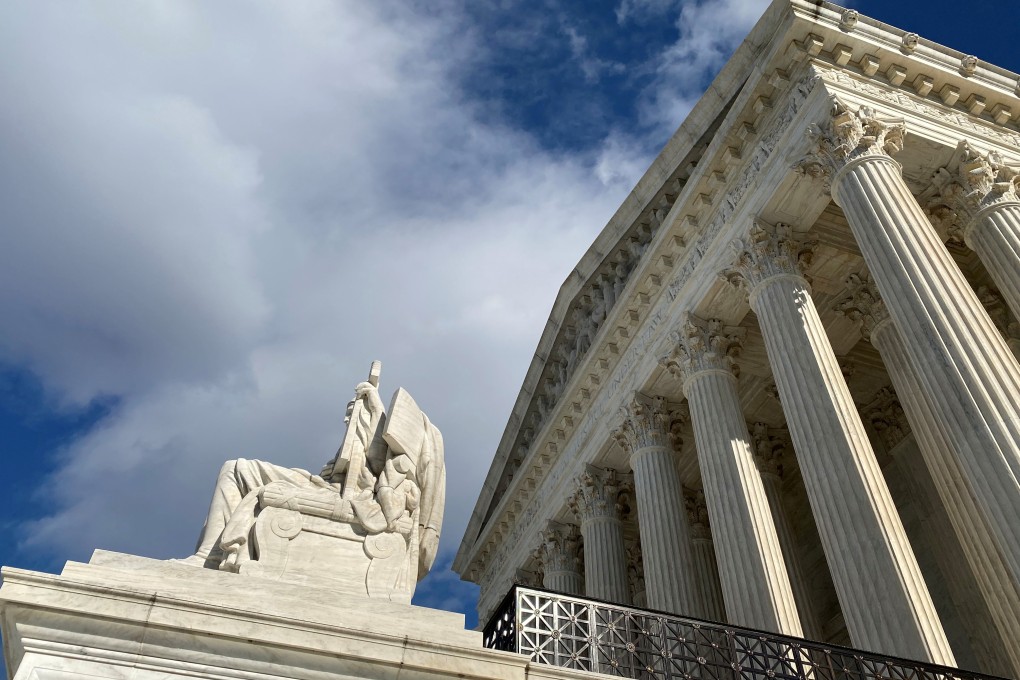US Supreme Court allows new immigration rule barring permanent residency to those deemed likely to require government assistance
- The rule has been criticised by immigrant rights advocates as a ‘wealth test’ that would disproportionately keep out non-white immigrants
- Critics have said the rule would disproportionately bar low-income people from developing countries in Latin America, Africa and Asia from permanent residency

The US Supreme Court gave the go-ahead on Monday for one of President Donald Trump’s hardline immigration policies, allowing his administration to implement a rule denying legal permanent residency to certain immigrants deemed likely to require government assistance in the future.
The justices, on a 5-4 vote, granted the administration’s request to lift a lower court’s injunction that had blocked the so-called public charge policy while litigation over its legality continues. The rule has been criticised by immigrant rights advocates as a “wealth test” that would disproportionately keep out non-white immigrants.
The court’s five conservative justices, including Chief Justice John Roberts and two justices appointed by Trump, carried the day.
The court’s four liberal justices said they would have denied the administration’s request. The action was announced even as Roberts sat as the presiding officer in Trump’s impeachment trial in the US Senate.

Lawsuits aiming to block the policy were filed against the administration by the states of New York, Connecticut and Vermont as well as by New York City and several non-profit organisations.